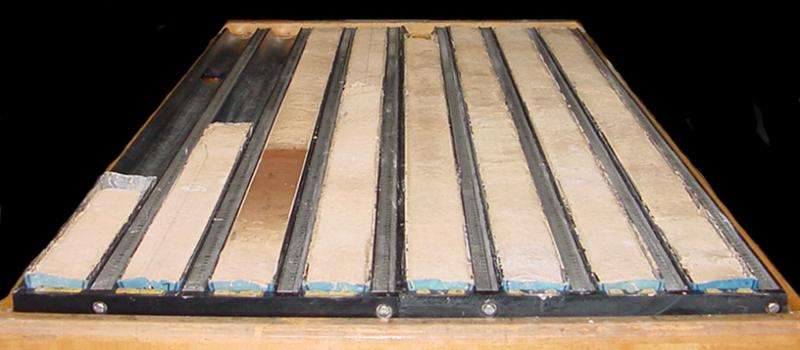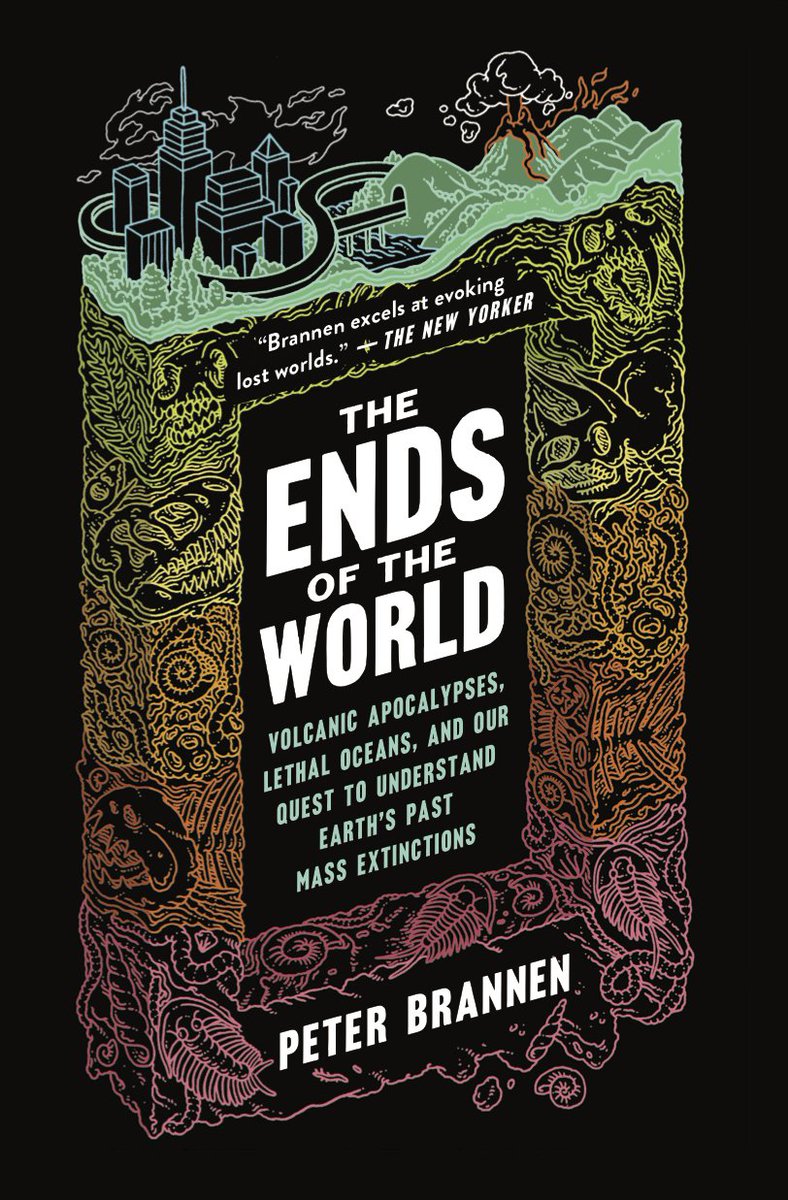
Mammal.
New 📘on CO2 over all Earth history
Last 📘THE ENDS OF THE WORLD on geology of worst mass extinctions ever https://t.co/Iay89jAYwP…
How to get URL link on X (Twitter) App


 In fact, this dissolution of chalky seafloor sediments from anthropogenic CO2 is already underway in some parts of the ocean ncbi.nlm.nih.gov/pmc/articles/P…
In fact, this dissolution of chalky seafloor sediments from anthropogenic CO2 is already underway in some parts of the ocean ncbi.nlm.nih.gov/pmc/articles/P…

https://twitter.com/Rainmaker1973/status/1129453166549000192From biochemist Nick Lane


 Around the same time, from Rocky Mountains to California, the record of charcoal in lake sediments indicates widespread forest fires. But "the magnitude of variation in climate & fire" was "still smaller than those projected to occur over the next century" pnas.org/content/109/9/…
Around the same time, from Rocky Mountains to California, the record of charcoal in lake sediments indicates widespread forest fires. But "the magnitude of variation in climate & fire" was "still smaller than those projected to occur over the next century" pnas.org/content/109/9/…

https://twitter.com/PeterBrannen1/status/1357429391312101376Continuous ice core records from Antarctica & Greenland are great. They contain trapped pockets of air containing ancient CO2, & the ice can be geochemically analyzed to reconstruct temps. But they "only" go back 800,000 years. (efforts are underway to retrieve older ice cores)





 It had to be the volcanic gases that came up out of the earth, especially CARBON DIOXIDE. Most ominously, these volcanoes had the misfortune of burning through one of the largest coal basins in the world, the Tunguska Basin.
It had to be the volcanic gases that came up out of the earth, especially CARBON DIOXIDE. Most ominously, these volcanoes had the misfortune of burning through one of the largest coal basins in the world, the Tunguska Basin.

 EXTINCTION 1: The first major mass extinction was 445 million years ago, the End-Ordovician. It happened on a planet that as alien as any in science fiction.
EXTINCTION 1: The first major mass extinction was 445 million years ago, the End-Ordovician. It happened on a planet that as alien as any in science fiction.